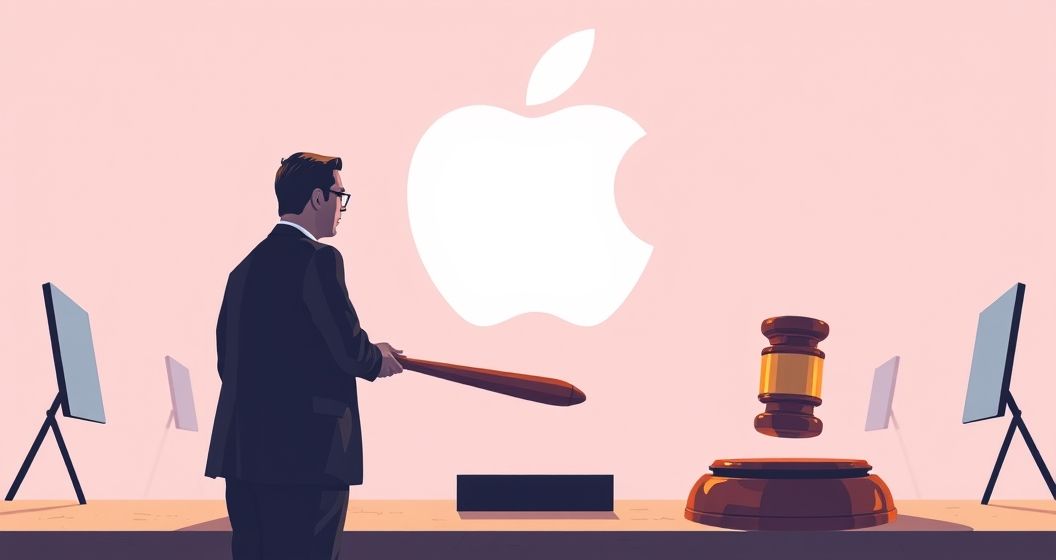Apple India Bias Lawsuit: The Allegations Against Apple India
Schulze’s complaint details a pattern of discriminatory behavior allegedly perpetrated by her senior and direct managers, both men. The core of her claim centers on consistent exclusion from crucial meetings, a practice she alleges targeted her while her male colleagues were consistently included. This exclusion, she argues, significantly hampered her ability to contribute effectively and advance her career within the company.
Micromanagement and Unfair Criticism
Beyond the meeting exclusions, Schulze alleges a climate of micromanagement and unfair criticism. She claims her work was subjected to a level of scrutiny not applied to her male counterparts, undermining her confidence and productivity. This alleged micromanagement, coupled with what she describes as unwarranted criticism, created a hostile work environment.
Deprivation of Bonuses Despite Positive Performance
Perhaps the most damaging allegation in Schulze’s complaint is the assertion that she was repeatedly denied performance-based bonuses despite consistently receiving positive performance evaluations. This, she argues, directly contradicts the company’s stated commitment to rewarding high-performing employees and further underscores the alleged discriminatory practices. The discrepancy between her positive reviews and the lack of bonus recognition forms a central pillar of her case.
Implications for Apple’s Reputation and Diversity Initiatives
This Apple India bias lawsuit carries significant weight, not just for Schulze but for Apple’s broader reputation and its commitment to diversity and inclusion. The allegations, if proven, would severely damage the company’s image, particularly in a rapidly growing market like India where such issues are gaining increasing attention.
The Broader Context of Workplace Discrimination
The case highlights the persistent challenges companies face in fostering truly inclusive workplaces. While many corporations publicly champion diversity initiatives, the reality often falls short, revealing systemic biases that require significant and sustained efforts to address. Schulze’s experience serves as a stark reminder of the need for robust internal mechanisms to prevent and address discrimination.
Potential Legal Ramifications
The legal ramifications for Apple are substantial. The lawsuit could result in significant financial penalties and reputational damage. More importantly, it could lead to a thorough internal review of Apple’s hiring, promotion, and compensation practices in India, potentially uncovering deeper issues within the company’s culture. The outcome of this case will undoubtedly influence how other multinational corporations approach diversity and inclusion in their Indian operations.
Looking Ahead
The Apple India bias lawsuit is a developing story with significant implications for the tech industry and the broader conversation surrounding workplace equality. The outcome will be closely watched, not just by Apple employees and investors, but also by other companies striving to create more inclusive and equitable work environments. The case underscores the crucial need for companies to actively address systemic bias and create a culture where all employees feel valued and respected, regardless of gender or minority status.


